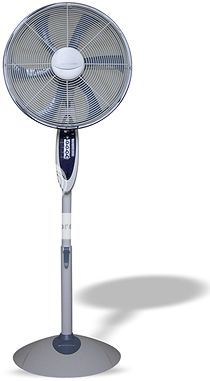- Joined
- May 20, 2004
- Messages
- 895
- Reaction score
- 7
Is anyone else as perplexed with some of the choices on the top 25 of the latest US News rankings? The top 50 is here: http://www.usnews.com/usnews/edu/grad/rankings/med/brief/mdrrank_brief.php
I know they use a cornucopia of metrics when determining these rankings, but the two that I'm most familiar with are the numbers for the incoming class and research. Things like teacher to student ratio are crap and do not mean anything. Similarly, medical students do not see any trickle down effect from NIH grants. It does recruit a better caliber of researchers, but that you are occupying the same physical space as these people provides no anciliary benefit to you medical education. I think these two, at least, should be dropped.
So how does Emory get ranked below Pritzker? U of Chicago's entering class has very pedestrian numbers. How come Wake is in the 40s? I thought they were a good school (at least top 25), but they're skipped by Rochester, Wisconsin-Madison and Oregon Health Sciences.
BU gets into the top 30 because of the the funding for the new bioterrorism lab, when the rest of the school--statistics for new matriculants, faculty, facilities, et are exactly the same. Similarly, Tulane is completely ravaged but still skips U of Florida? If Tulane is a better school, they're a better school. But if BU gets a temporary bump for their new funding, shouldnt Tulane be similarly dropped lower for the facilities they lost?
I know they use a cornucopia of metrics when determining these rankings, but the two that I'm most familiar with are the numbers for the incoming class and research. Things like teacher to student ratio are crap and do not mean anything. Similarly, medical students do not see any trickle down effect from NIH grants. It does recruit a better caliber of researchers, but that you are occupying the same physical space as these people provides no anciliary benefit to you medical education. I think these two, at least, should be dropped.
So how does Emory get ranked below Pritzker? U of Chicago's entering class has very pedestrian numbers. How come Wake is in the 40s? I thought they were a good school (at least top 25), but they're skipped by Rochester, Wisconsin-Madison and Oregon Health Sciences.
BU gets into the top 30 because of the the funding for the new bioterrorism lab, when the rest of the school--statistics for new matriculants, faculty, facilities, et are exactly the same. Similarly, Tulane is completely ravaged but still skips U of Florida? If Tulane is a better school, they're a better school. But if BU gets a temporary bump for their new funding, shouldnt Tulane be similarly dropped lower for the facilities they lost?


 actually, i was just being an inflammatory jackass because i'm bored. honestly, i've said countless times on here that i think the ratings are a joke. fantastic doctors come out of bottom schools and horrible doctors come out of great schools. the difference between the top and the bottom schools in terms of education quality is so miniscule it's not worth bothering with. so yeah, US News makes rankings to sell magazines, but what's really dangerous is silly pre-meds making life-changing decisions based on a dumb magazine...
actually, i was just being an inflammatory jackass because i'm bored. honestly, i've said countless times on here that i think the ratings are a joke. fantastic doctors come out of bottom schools and horrible doctors come out of great schools. the difference between the top and the bottom schools in terms of education quality is so miniscule it's not worth bothering with. so yeah, US News makes rankings to sell magazines, but what's really dangerous is silly pre-meds making life-changing decisions based on a dumb magazine...